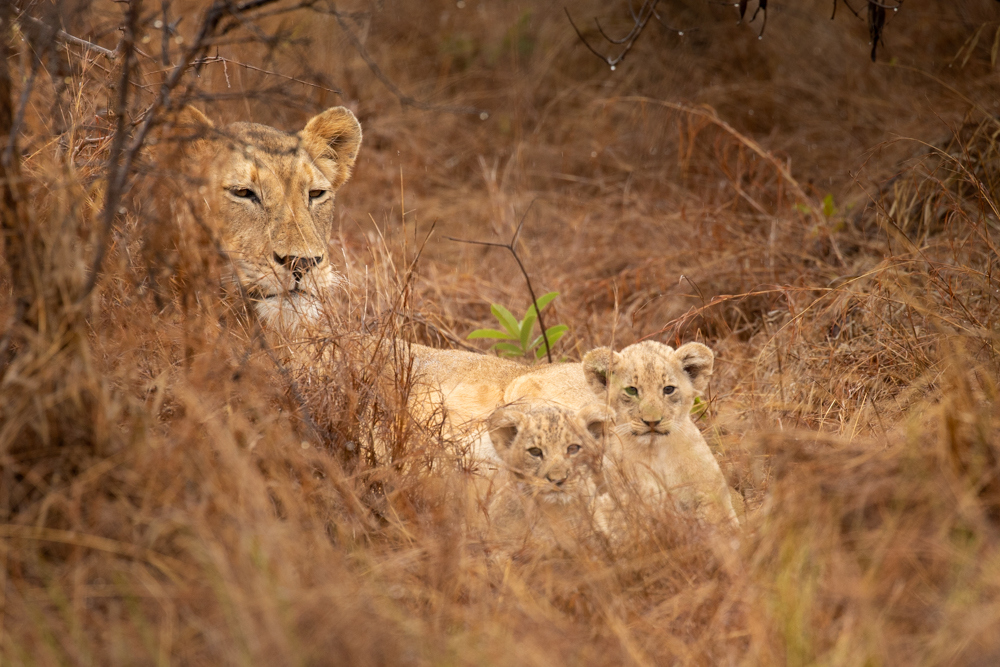
GUEST POST by Michelle Sole
Rwanda has a dark history with a civil war in 1991 and the tragedy of the 1994 genocide. Despite this, Rwanda appears to be a country that is turning itself around. There is certainly a conscious move within the country towards conservation and as a result tourism. Rwanda has a zero-tolerance of plastic bags and is considered to be one of the cleanest, if not the cleanest, country in Africa. The world could learn a lot from this small landlocked African country.
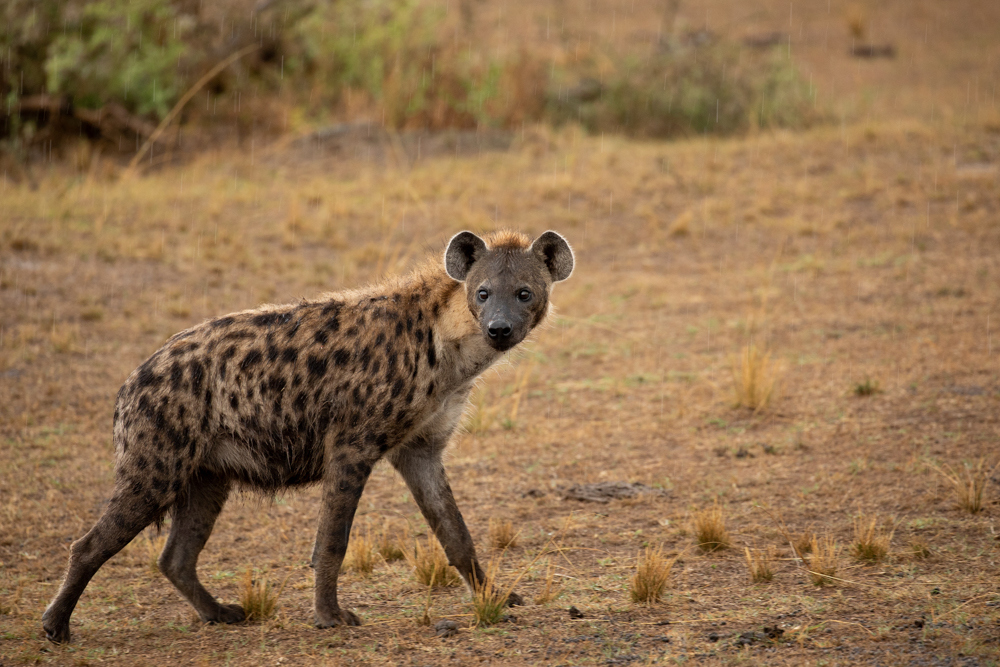
Akagera National Park, the only place in Rwanda home to the Big 5, is located on Rwanda’s eastern border with Tanzania. The park is home to 480 bird species and is the largest wetland in Africa. The reserve was founded in 1934, at which time it covered 2,500 square kilometres. As a result of the civil war and the genocide, large sections of the park were reallocated as farmland and by 1997 the park had halved in size. It now spans over 1,000 square kilometres.

Due to poaching, many species including lion, rhino and a number of antelope species were wiped out. In 2010, African Parks formed a partnership with the Rwanda Development Board and assumed the management of Akagera National Park.
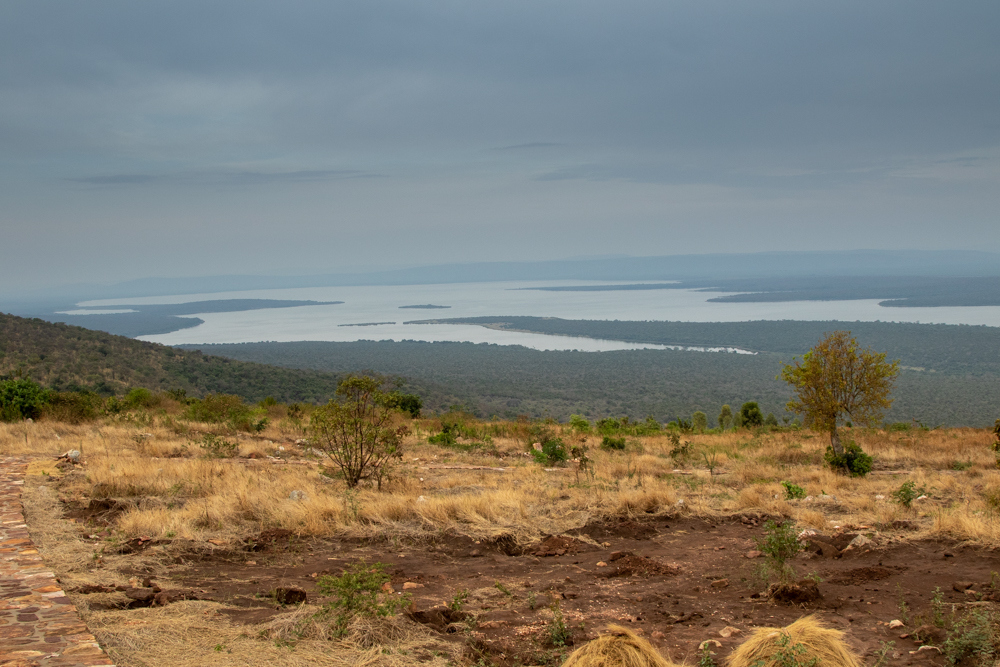
Since the formation of this joint partnership, the reserve has seen huge changes. In an effort to reduce friction between humans and wildlife, a 120-km solar powered predator-proof fence was erected. In 2015 lions were reintroduced and within two years the population had tripled. In 2017 two male lions were introduced to increase genetic diversity, and in the same year, 18 eastern black rhinos were reintroduced.
 DID YOU KNOW that African Parks offers safari camps (lodges and campsites) where 100% of tourism revenue goes to conservation and local communities? Find out more and book your African Parks safari.
DID YOU KNOW that African Parks offers safari camps (lodges and campsites) where 100% of tourism revenue goes to conservation and local communities? Find out more and book your African Parks safari.
This project was such a success that this year, as part of the largest relocation of rhinos from Europe to Africa, five zoo-born black rhinos can now call Akagera home.
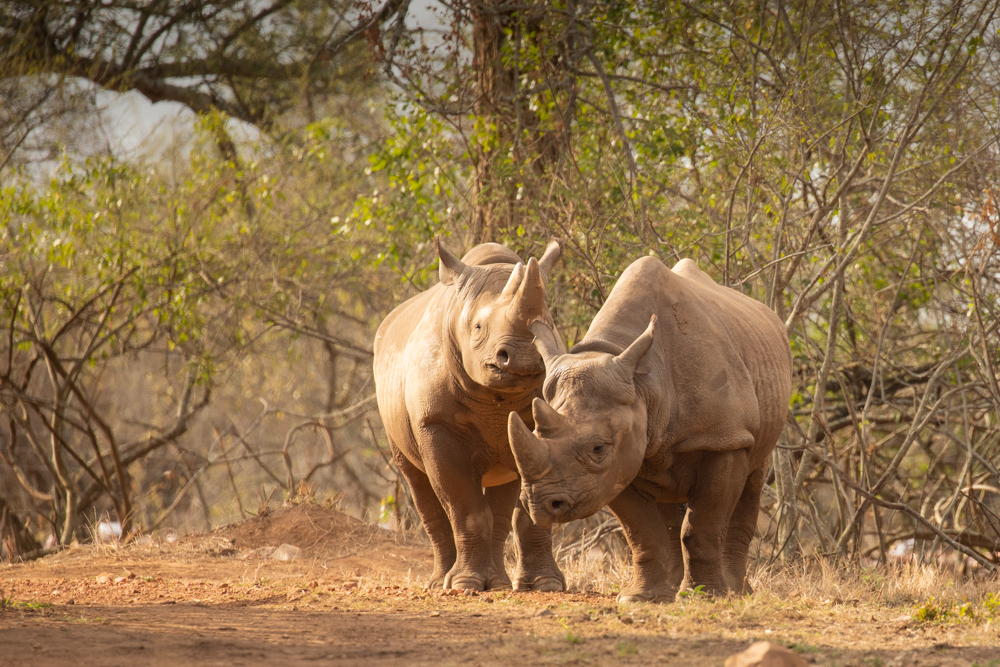
In 2018, 44,000 tourists visited the park, half of whom were Rwandan nationals. In eight years the revenue generated from tourism has increased by 900 percent!
It goes without saying that the success of the reserve is important for the conservation of wildlife, but it is also a valuable source of income for the surrounding communities. The community and the national park go hand in hand; each cannot survive without the other. A percentage of the park fees goes to local communities and locals are employed within the park. Those that once poached now form part of the anti-poaching team. The locals are friendly and educated in conservation. There is an understanding of the importance of protecting wildlife.
After all, conserving pockets of paradise like this guarantees not just the preservation of species but also work for future generations. For Big 5 safaris to Akagera, click here.
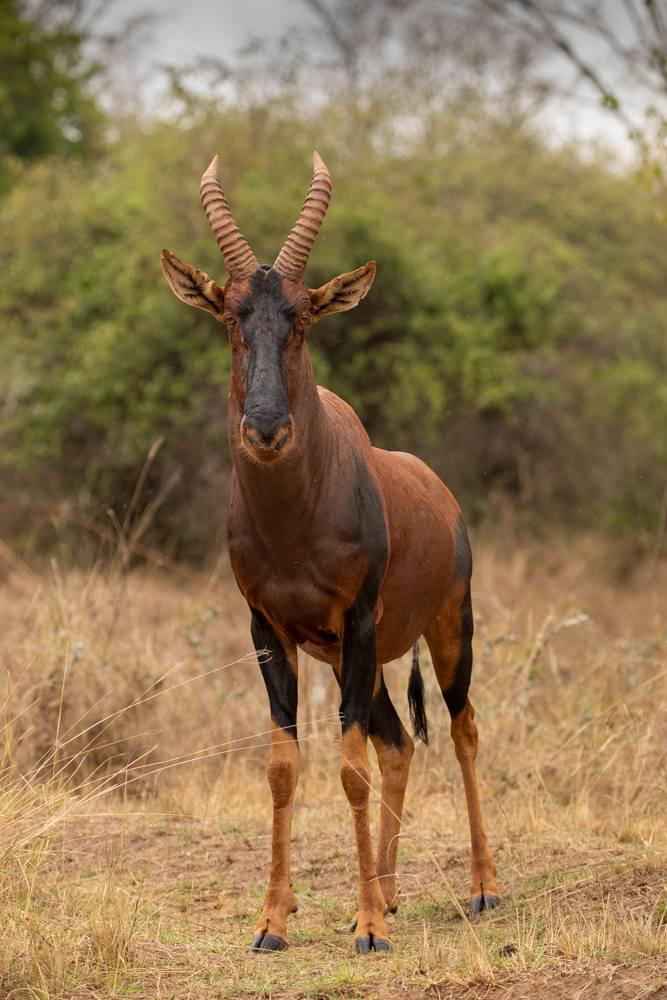
To comment on this story: Login (or sign up) to our app here - it's a troll-free safe place 🙂.![]()






